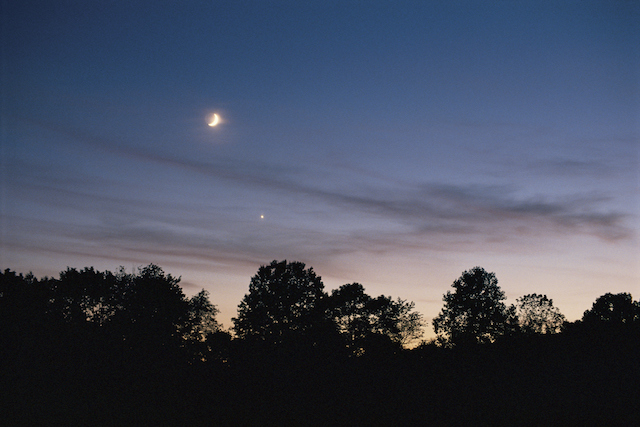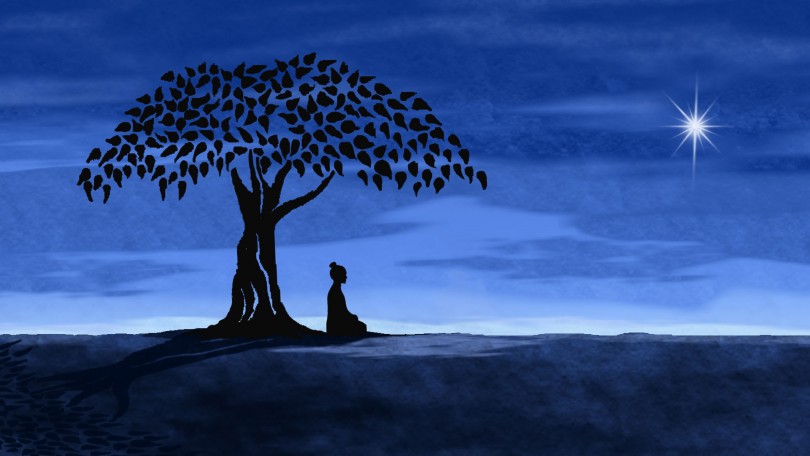A poem about the life of the Blessed One. By Tom Donovan
It is a place and nothing more,
No different to behold despite particulars
Than any village in the district.
Still it is here,
In the public park,
Under the pipal tree,
On my mat of kusa grass,
I have apprehended the sorrow
Of myself and of all people,
And have understood the Unforgiving Law,
Seen the bleached and desolate fullness of it,
The devouring hungry emptiness of Craving.
And it is here that Mara has come to me,
In his fever to tempt my mind from its new way,
And I wonder that this bloated demon
Has not seen these wide eyes,
Which bid men open up their view,
To see between the dead habits of the Brahmin,
And the living folly of the poor Samana,
Between their expansion and reduction,
Between the cruel formal and the cruel nil,
Straight to Chanda,
The line through vain desire,
Through the irrelevant beginnings and ends of things,
The acceptance of the ambiguous and the unanswerable.
I
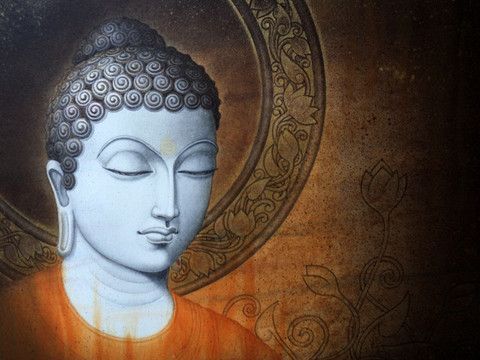
I, Siddhartha, prince of the Sakyamuni clan,
Once born by the road to Devadaha,
On the way to Kusinagara,
First grew in the shade of the sallow wood,
The shade of the big house and Suddhohana’s figs,
By the cool air of the river Rapti.
I bathed in a family’s brooding tenderness,
In wealth, in ritual, in pride,
In the teachings of Visamitra and the Veda,
And early was I taught to chant of Atta
And sweet union.
But under these cloaks of caring
Never was joy clear and immutable,
And never long was my mind untroubled
By degradation and the passing of loved forms.
When did the child exist,
When the man,
When the crone?
When was there just this one,
And not some other also?
When do the gods hold one thing constant?
When was,
When is,
No Suffering?
II
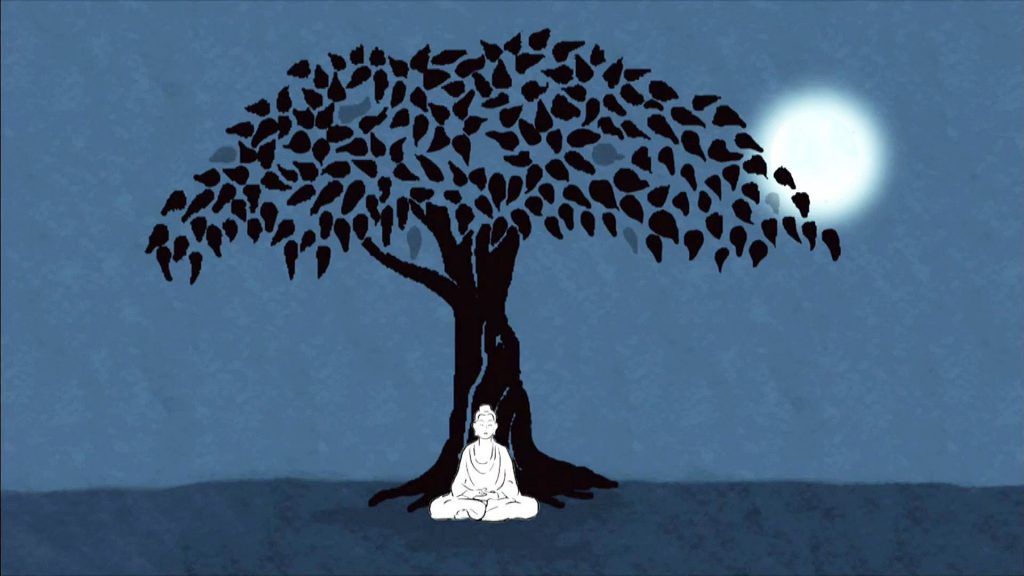
With these questions
I left my home,
Left Kapilavastu on Kantara,
Left all dearness
To live with scholar monks and preachers,
To learn an invulnerable calm from their other-worldliness.
And I did learn,
Learned the rites of supplication to a hundred deities,
Learned the repetitive formalities
For rebirth, release, acceptance,
And learned the price in a poor and humble land
Of a sanctified greed, a banker’s sweet religion.
More burdened than when I began,
I left the priests and wandered,
Moving nowhere,
Speaking only to myself,
And at every step along my tongue,
I felt the world pricked bitter,
With no words tasting of some hope
To feed the hunger in my head.
Thus did I choose the pitiless negation
Of the self among Samanas in the woods,
And there learned the holy art of waiting:
Waiting always,
Waiting flailed by cold by heat by soreness,
Waiting for a mystery to be revealed,
Knowing such a life must pay for explanation,
If only that so many have endured this way before.
Ha!
Again undone,
I found the mocking pain of the absurd,
The knowledge of thousands,
Emptied in denial of their being,
And thrown onto a sterile ground,
With the finest of them broken
By a profanation of the truth they sought,
By a blind mad rhetoric of wholeness.
III
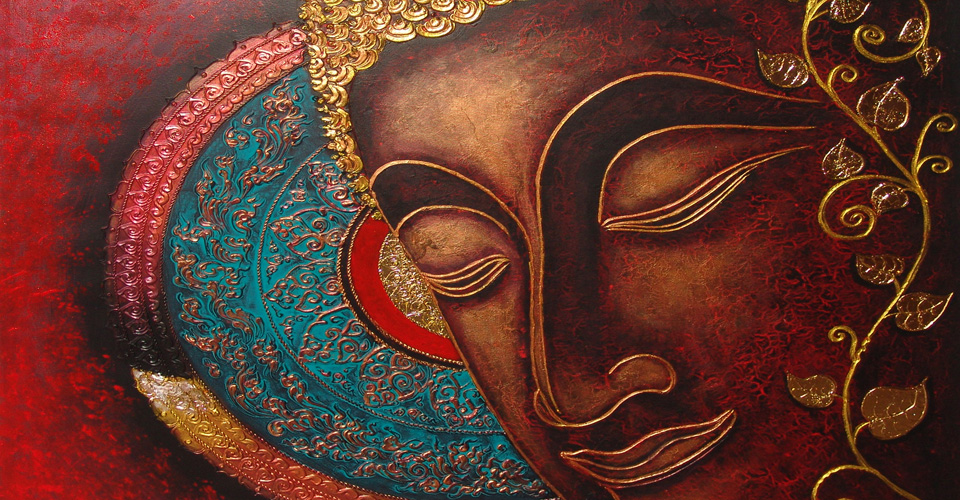
I had staked my father’s realm,
Had starved my body near extinction,
And this day,
This night,
Alone have found,
The desire to escape desire an inadequate evasion.
For the objects of our desire are not insufficient,
Rather our need of them is unproportioned,
And sprouts the constant prod to yearning
That stabs our deepest heart.
I offer you this dream:
I saw a man dangling from a mountain ledge,
Grasping a vine,
Rooted in earth and sky.
One hungry tiger crouched just over him,
Another paced below,
Eyes raised, mouth open, gleaming.
Two rats, one white one black,
Began to chew the root of the vine,
And close at hand,
Beside the man and his impending fate,
Grew a strawberry lovely and full –
He reached and plucked the blood ripe berry;
How sweet it tasted!
How very sweet it was!
The great unquenchable desire of the sage,
The True Knowledge of ultimate cause,
I now behold and plainly see.
It circles in thick mists,
Behind the Wall of Awe,
And cannot be touched by the exaltations of a prince,
Nor by the striving dissipations of ascetics.
And what I now do know,
I ask you know,
Certainly and Perfectly,
Just this –
The One Principle,
The Middle Path through Suffering,
To the End of Suffering.
IV

Here I see all things on fire.
The eye is on fire,
The mind behind the eye is on fire,
All the forms of the earth are on fire,
And all are consumed away in time,
And we are not content
Because we have not seen the World
Is in and not outside ourselves.
The law of deeds gathers through this life,
For us, the troubled ones,
And asks we weigh our every word,
Track our every act to its conclusion,
Judge it there,
And wise as the only god there is,
Adjust, reign in, control,
And stride the Middle Path.
V
Thus in Dyhana do I perceive
Life skewered and held between two points,
The horns of a Beast one cannot fathom,
One may only see where It has brought us,
Only look where It directs.
A Beast conceived by name or imaged form
That will transform Itself to something new
In the succession of instants that are ages,
In the quick of a moment
When we think we understand.
VI
I look up from the public garden now,
The moon is halfway come,
And halfway gone –
I care not from where to where –
I grasp its present moment,
It grasps me.
There is nothing else to know.
